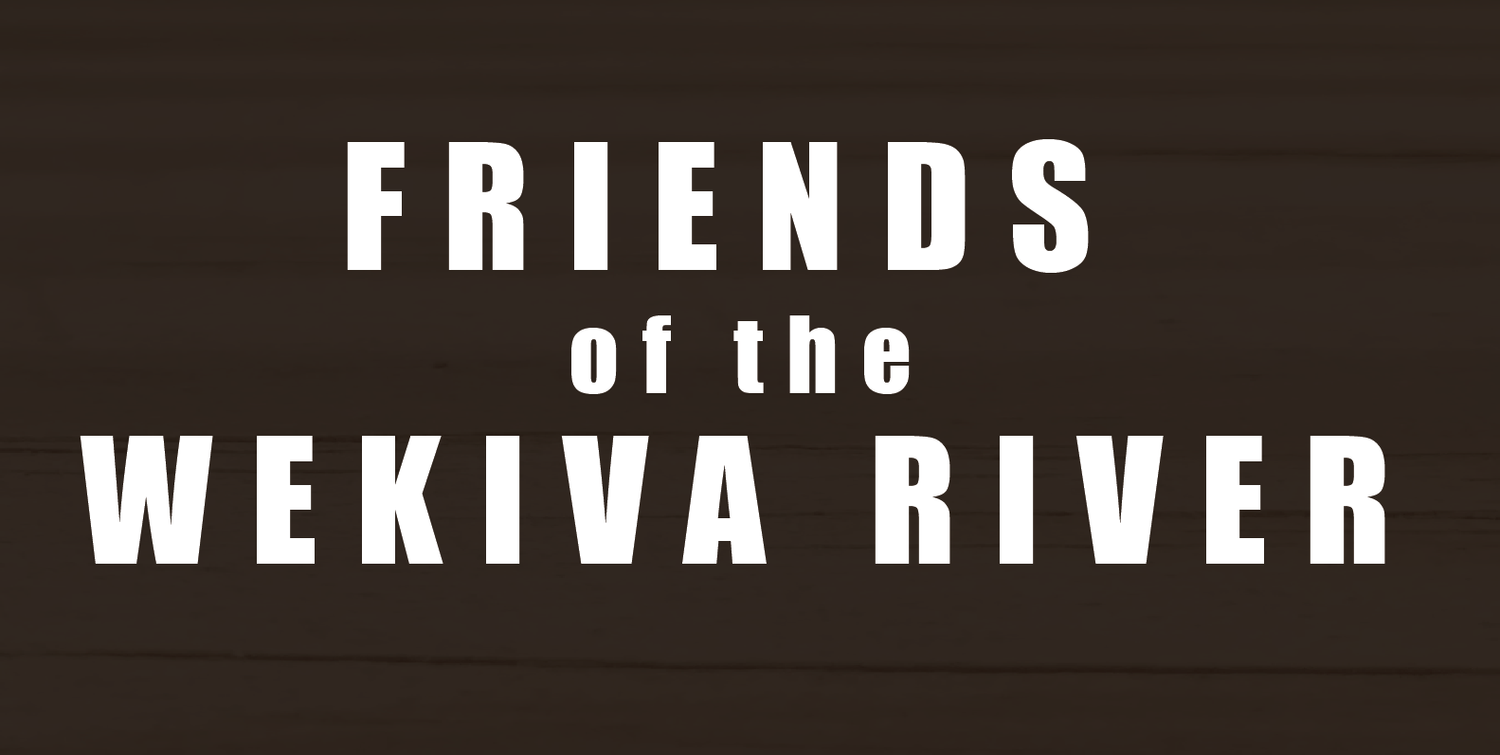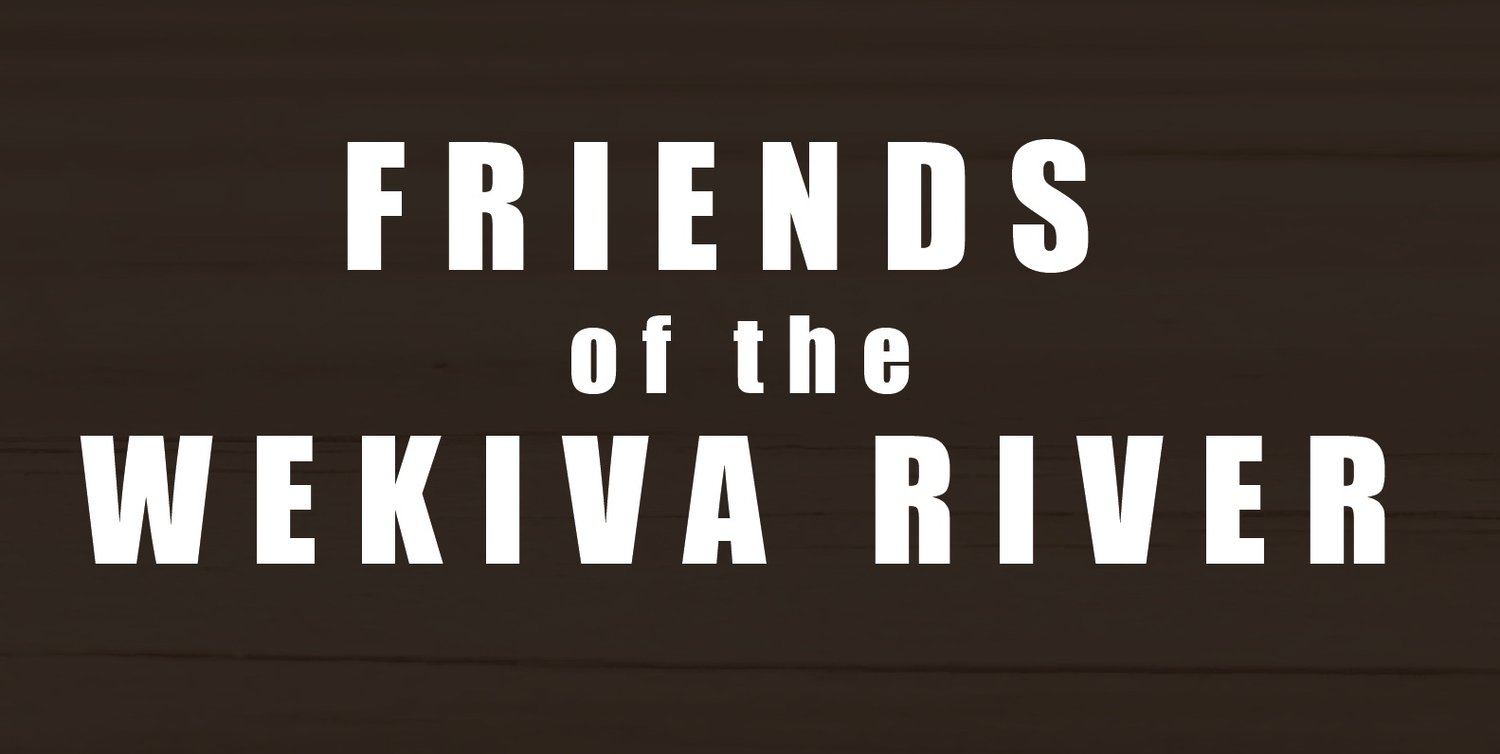FOWR RECEIVES GRINDLE FOUNDATION GRANT
Friends of the Wekiva River recently applied for, and received, from the Art and Phyllis Grindle Foundation a generous $4,980 grant to fund the continuation of an investigation of the filamentous blue-green algae, Lyngbya wollei, found in the Wekiva River basin. This algae has been a source of concern due to the rise in nutrient levels in the Wekiva River that have increased significantly over the years. Nitrogen and phosphorus are two nutrients of concern in the Wekiva River stemming from sources such as septic tanks, wastewater treatment facilities, and urban, farm and sports turf fertilizers from lands within the Wekiva basin. The proliferation of algae and exotic plants is a result of nutrient enrichment and can have the effect of choking out beneficial native plant species.
In 2008, the Florida Department of Environmental Protection set pollution limits for nitrogen and phosphorus in the Wekiva River system as part of the Total Maximum Daily Load (TMDL) program. Data from numerous sources, including a 1998-2000 Lyngbya algae study, also funded by FOWR, was used by scientists who helped develop the TMDL criteria for the Wekiva River. These determinations, in turn, set the stage for other programs aimed at reducing nutrient impacts to the Wekiva River.
Receipt of the $4,980 grant will allow FOWR to provide a stipend for a Wekiva River Aquatic Preserve Intern to continue a study of the algae commenced and funded by FOWR in 2017 and to add additional stations in order to more closely replicate the original 1998-2000 study. The results will provide a better opportunity for comparison of recent and past data to determine whether an increase or decrease in algae biomass has occurred. Several key strategies aimed at reducing nutrient inputs to the Wekiva system have been in place for many years. The results of the new algae study made possible by the Grindle Foundation grant, in addition to review of water quality trend analysis, can help determine whether those strategies are working.
Many thanks to the Art and Phyllis Grindle Foundation for its generosity in making this very important work possible !!

